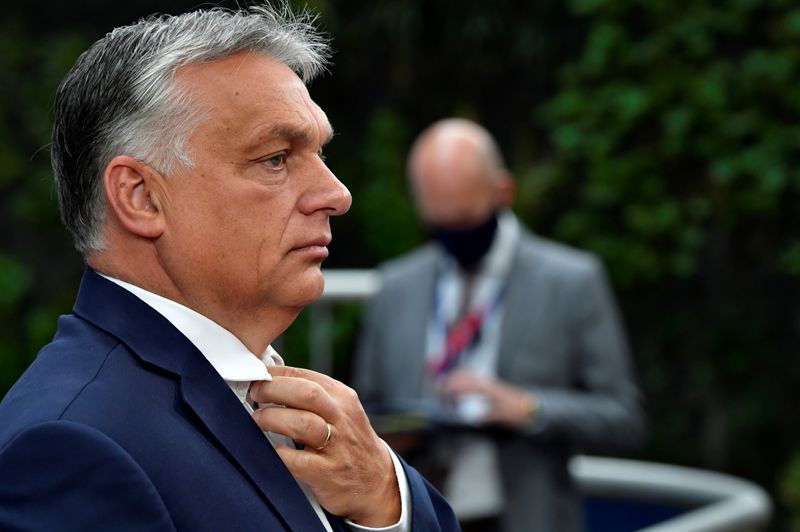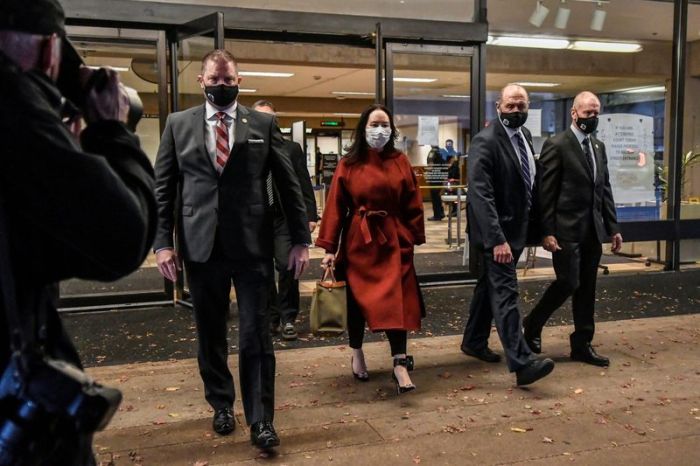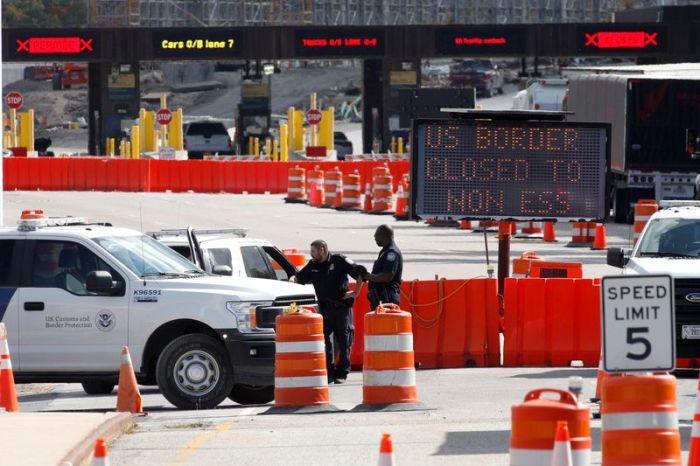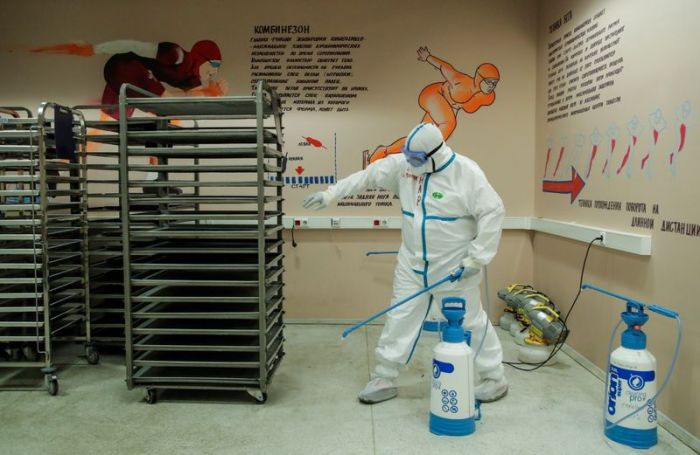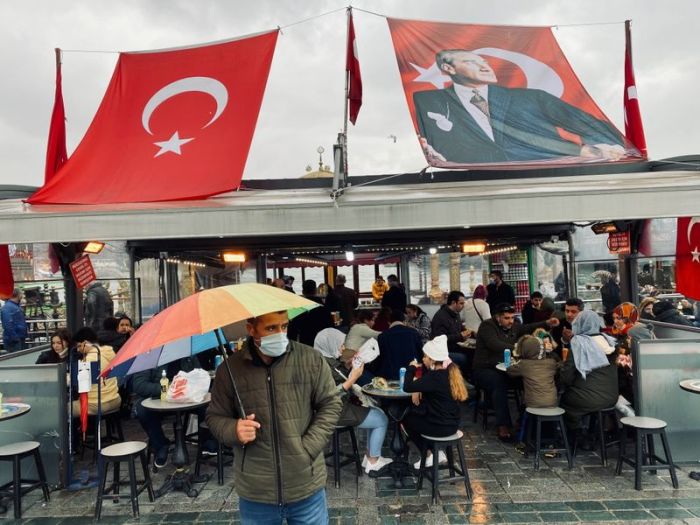BUDAPEST/WARSAW (Reuters) – The prime ministers of Poland and Hungary accused European Union countries of blackmail on Wednesday, digging their heels in after vetoing the bloc’s budget and post-COVID recovery package.
The two countries on Monday blocked the EU’s 2021-2027 budget and the recovery plan, worth a combined 1.85 trillion euros ($2.2 trillion), because access to the funds would be conditional upon respecting the rule of law.
Polish Prime Minister Mateusz Morawiecki said that he would ask lawmakers to vote on a resolution supporting the government’s stance regarding the veto, after an address to parliament in which he railed against what he said was unequal treatment of some member states.
“If our partners do not understand that we do not agree to unequal treatment of states … then we will really use that veto in the end,” he said.
“The EU must be built on a foundation of law and legal certainty …. Without this principle of legal certainty, the EU is a mechanism of arbitrary decision-making by Eurocrats and de facto by the European oligarchy,” he added.
He said one reason that some EU states wanted to pressure and “blackmail” Poland was the country’s opposition to tax havens. “We will not let ourselves be blackmailed,” he said
Poland has made reforms of the judiciary a key plank of its bid to reshape Poland and remove what it sees as a residue of Communist influence. Critics, including the European Commission, say the reforms are designed to increase political control of the courts.
Hungarian Premier Viktor Orban, whose nationalist government is under investigation for undermining the independence of Hungary’s courts, media and non-governmental organisations, linked his veto to his continued opposition to mass immigration into the EU.
“Once this proposal gets adopted, there will be no more obstacles to tying member states’ share of common funds to supporting migration and use financial means to blackmail countries which oppose migration,” Orban said in a statement published by state news agency MTI earlier on Wednesday.
There was no immediate reaction to his comments from the EU’s executive Commission.
The budget and recovery package do not have any specific clauses about immigration, which Orban has long opposed as a threat to national and European identity and culture.
Political Capital analyst Patrik Szicherle said Orban’s comments were aimed at shoring up support among his nationalist base and at broadening his options in upcoming talks.
“He wants to dilute the conditions enough not to limit his room for manoeuvre,” he said. “At the same time frugal states like the Netherlands want firm conditions (to disbursement of funds)… This is a stalemate we don’t see a clear path out of.”
The eastern states are big recipients of EU subsidies.
Germany, which holds the EU’s rotating presidency, said on Tuesday it was confident of finding a compromise.
Czech and Slovak foreign ministers, at a joint news conference on Wednesday, urged swift action to ensure a speedy release of money sorely needed to revive Europe’s pandemic-stricken economy.
Czech Foreign Minister Tomas Petricek said the German presidency could probably end the deadlock before year-end.
Slovak Foreign Minister Ivan Korcok said the deadlock “does not please anybody… there is still space to find a solution, to depoliticise the whole issue”.
(Additional reporting by Jason Hovet in PRAGUE, Alan Charlish, Joanna Plucinska, Agnieszka Barteczko, Pawel Florkiewicz and Anna Wlodarczak-Semczuk in WARSAW; Editing by Gareth Jones, Bernadette Baum and Mark Potter)

